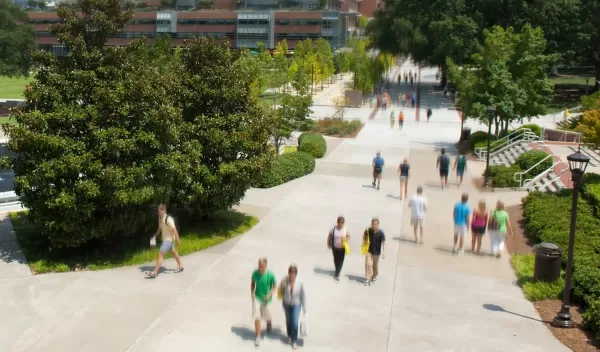
Immunity of recovered COVID-19 patients could cut risk of expanding economic activity
While attention remains focused on the number of COVID-19 deaths and new cases, a separate statistic -- the number of recovered patients -- may be equally important to the goal of minimizing the pandemic's infection rate as shelter-in-place orders are lifted.
The presumed immunity of those who have recovered from the infection could allow them to safely substitute for susceptible people in certain high-contact occupations such as healthcare, scientists say.
Dubbed "shield immunity," the anticipated protection against short-term reinfection could allow recovered patients to expand their interactions with infected and susceptible people, potentially reducing overall transmission rates when interactions are permitted to expand.
New National Science Foundation-funded modeling of the virus' behavior suggests that an intervention strategy based on shield immunity could reduce the risk of allowing the higher levels of human interaction needed to support expanded economic activity.
However, there are two important caveats to the strategy, the researchers found. The first is that the duration of immunity to reinfection by the SARS-CoV-2 virus remains unknown; however, individuals who survived related coronavirus infections, such as SARS (severe acute respiratory syndrome), had persistent antibodies for approximately two years -- and those who survived infection with MERS (Middle East respiratory syndrome) had evidence of immunity for approximately three years.
The second issue is that determining on a broad scale who has antibodies that may protect them from the coronavirus will require a level of reliable serological testing not yet available in the United States.
A paper describing the modeling behind the concept of shield immunity was published in the journal Nature Medicine by a team of researchers from Georgia Tech, Princeton University and McMaster University.
"This study shows that convergent research can bring together experts from different fields to produce and quantify innovative ideas to address an enormously important human problem," says Krastan Blagoev, a program director in NSF's Division of Physics.


